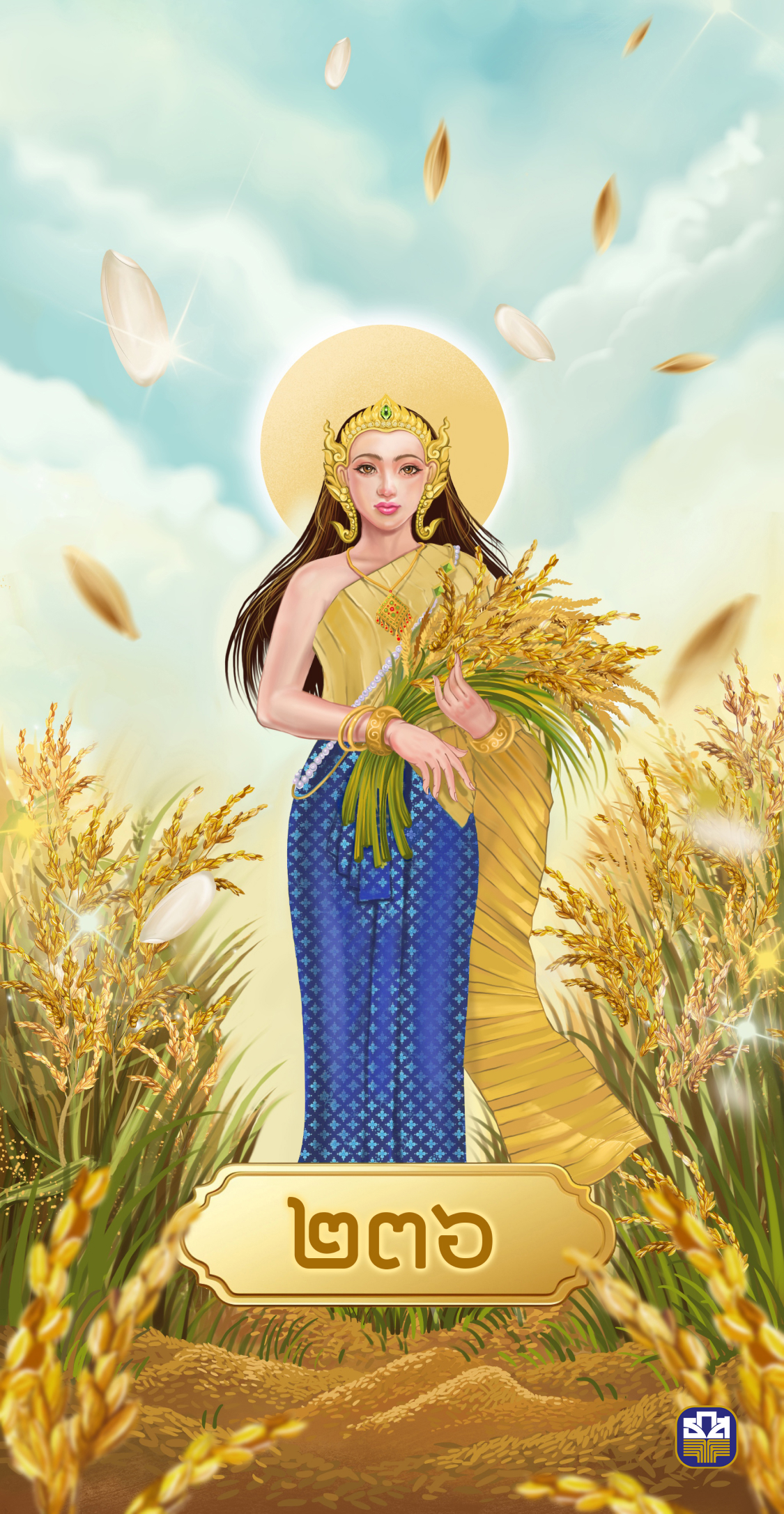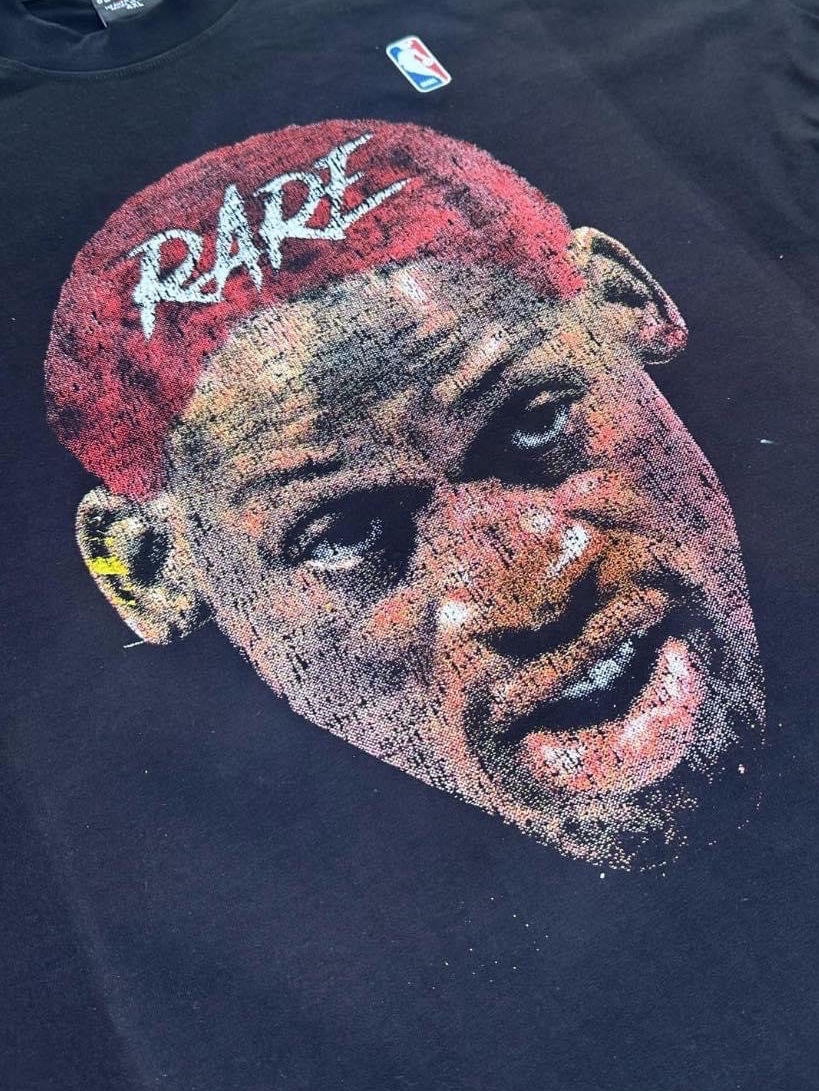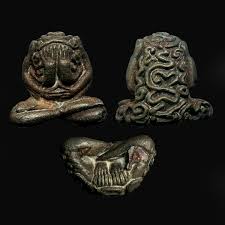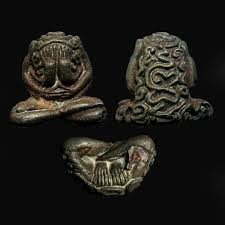0 ความคิดเห็น
0 การแบ่งปัน
200 มุมมอง
0 รีวิว

รายการ
ค้นพบผู้คนใหม่ๆ สร้างการเชื่อมต่อใหม่ๆ และรู้จักเพื่อนใหม่
- กรุณาเข้าสู่ระบบเพื่อกดถูกใจ แชร์ และแสดงความคิดเห็น!
-
- 0 ความคิดเห็น 0 การแบ่งปัน 116 มุมมอง 0 รีวิว
- ผบ.ตร. นั่งหัวโต๊ะจัดโผนายพลสีกากี ชง ก.ตร.เคาะพรุ่งนี้ คาด "สันติ" ผงาดนครบาล "ภาณุมาศ" นั่ง ผบช.สตม. "สุรพล" เพื่อน ผบ.ตร. โยกนั่ง ผบช.ภ.2
อ่านต่อ..https://news1live.com/detail/9670000111393
#News1feed #News1 #Sondhitalk #คุยทุกเรื่องกับสนธิ #Thaitimesผบ.ตร. นั่งหัวโต๊ะจัดโผนายพลสีกากี ชง ก.ตร.เคาะพรุ่งนี้ คาด "สันติ" ผงาดนครบาล "ภาณุมาศ" นั่ง ผบช.สตม. "สุรพล" เพื่อน ผบ.ตร. โยกนั่ง ผบช.ภ.2 อ่านต่อ..https://news1live.com/detail/9670000111393 #News1feed #News1 #Sondhitalk #คุยทุกเรื่องกับสนธิ #Thaitimes0 ความคิดเห็น 0 การแบ่งปัน 1554 มุมมอง 1 รีวิว4
- #ข้าวผัดมันกุ้ง สีสันน่าทานสุดๆๆ#ดึกแล้วโพสต์รูปของกินได้#ข้าวผัดมันกุ้ง สีสันน่าทานสุดๆๆ#ดึกแล้วโพสต์รูปของกินได้0 ความคิดเห็น 0 การแบ่งปัน 489 มุมมอง 0 รีวิว
- 0 ความคิดเห็น 0 การแบ่งปัน 86 มุมมอง 0 รีวิว
- 0 ความคิดเห็น 0 การแบ่งปัน 473 มุมมอง 29 0 รีวิว
- เงินหมื่นเฟส 2 มาแล้ว 60ปีขึ้นไปเตรียมรับช่วงตรุษจีน (19/11/67) #news1 #เงินหมื่นเฟส2 #เเจกเงินหมื่นเงินหมื่นเฟส 2 มาแล้ว 60ปีขึ้นไปเตรียมรับช่วงตรุษจีน (19/11/67) #news1 #เงินหมื่นเฟส2 #เเจกเงินหมื่น0 ความคิดเห็น 0 การแบ่งปัน 1758 มุมมอง 115 0 รีวิว2

- 0 ความคิดเห็น 0 การแบ่งปัน 604 มุมมอง 24 0 รีวิว1

- การโจมตีภูมิภาคไบรอันสค์ด้วยขีปนาวุธ ATACMS ถือเป็นสัญญาณว่าชาติตะวันตกต้องการยกระดับความรุนแรง และคงเป็นไปไม่ได้หากปราศจากการมีส่วนร่วมของชาวอเมริกัน
เป็นสิ่งที่จำเป็นอย่างยิ่งที่ชาติตะวันตกจะต้องอ่านให้ครบถ้วนเกี่ยวกับหลักการใช้นิวเคลียร์ที่ได้รับการปรับปรุงใหม่ของสหพันธรัฐรัสเซีย
-ลาฟรอฟ รัฐมนตรีต่างประเทศของรัสเซีย กล่าวในระหว่างการเข้าร่วมประชุม G20 ที่ประเทศบราซิลการโจมตีภูมิภาคไบรอันสค์ด้วยขีปนาวุธ ATACMS ถือเป็นสัญญาณว่าชาติตะวันตกต้องการยกระดับความรุนแรง และคงเป็นไปไม่ได้หากปราศจากการมีส่วนร่วมของชาวอเมริกัน เป็นสิ่งที่จำเป็นอย่างยิ่งที่ชาติตะวันตกจะต้องอ่านให้ครบถ้วนเกี่ยวกับหลักการใช้นิวเคลียร์ที่ได้รับการปรับปรุงใหม่ของสหพันธรัฐรัสเซีย -ลาฟรอฟ รัฐมนตรีต่างประเทศของรัสเซีย กล่าวในระหว่างการเข้าร่วมประชุม G20 ที่ประเทศบราซิล0 ความคิดเห็น 0 การแบ่งปัน 216 มุมมอง 0 รีวิว - ด่วน! กองทัพรัสเซีย เริ่มดำเนินการติดตั้งโครงสร้างศูนย์พักพิงสำหรับสงครามนิวเคลียร์แบบโมดูล KUB-M ที่มีลักษณะคล้ายตู้คอนเทนเนอร์ โครงสร้างดังกล่าวสามารถรองรับพลเรือนได้มากกว่า 50 คน ที่บริเวณชานกรุงมอสโก
.
สำหรับโครงสร้างศูนย์พักพิงสำหรับสงครามนิวเคลียร์แบบโมดูล KUB-M ได้รับการออกแบบมาเพื่อป้องกันพลเมืองจากภัยคุกคามต่างๆ รวมถึงสงครามรังสี ชีวะ เคมี จากการระเบิดนิวเคลียร์และการปนเปื้อนกัมมันตภาพรังสี รวมถึงสงครามชีวภาพ
.
นอกจากนี้ สำนักงานข่าว RT News รายงานว่า กระทรวงกลาโหมรัสเซียยังสั่งเร่งผลิตโครงสร้างศูนย์พักพิงสำหรับสงครามนิวเคลียร์แบบโมดูล KUB-M เป็นจำนวนมาก เพื่อรับมือกับสงครามใหญ่ที่กำลังจะเกิดขึ้น
.
“การผลิตแบบต่อเนื่องของโครงสร้างป้องกันโมดูลนวัตกรรม "KUB-M" ได้เริ่มขึ้นในสหพันธรัฐรัสเซีย เหตุการณ์นี้เป็นผลมาจากการวิจัยและความพยายามหลายปีของนักวิทยาศาสตร์และผู้เชี่ยวชาญชาวรัสเซีย ในด้านการปกป้องประชาชนจากสถานการณ์ฉุกเฉิน” กระทรวงฯ กล่าว.
.
https://www.facebook.com/groups/194174770388504/permalink/371771209295525/ด่วน! กองทัพรัสเซีย เริ่มดำเนินการติดตั้งโครงสร้างศูนย์พักพิงสำหรับสงครามนิวเคลียร์แบบโมดูล KUB-M ที่มีลักษณะคล้ายตู้คอนเทนเนอร์ โครงสร้างดังกล่าวสามารถรองรับพลเรือนได้มากกว่า 50 คน ที่บริเวณชานกรุงมอสโก . สำหรับโครงสร้างศูนย์พักพิงสำหรับสงครามนิวเคลียร์แบบโมดูล KUB-M ได้รับการออกแบบมาเพื่อป้องกันพลเมืองจากภัยคุกคามต่างๆ รวมถึงสงครามรังสี ชีวะ เคมี จากการระเบิดนิวเคลียร์และการปนเปื้อนกัมมันตภาพรังสี รวมถึงสงครามชีวภาพ . นอกจากนี้ สำนักงานข่าว RT News รายงานว่า กระทรวงกลาโหมรัสเซียยังสั่งเร่งผลิตโครงสร้างศูนย์พักพิงสำหรับสงครามนิวเคลียร์แบบโมดูล KUB-M เป็นจำนวนมาก เพื่อรับมือกับสงครามใหญ่ที่กำลังจะเกิดขึ้น . “การผลิตแบบต่อเนื่องของโครงสร้างป้องกันโมดูลนวัตกรรม "KUB-M" ได้เริ่มขึ้นในสหพันธรัฐรัสเซีย เหตุการณ์นี้เป็นผลมาจากการวิจัยและความพยายามหลายปีของนักวิทยาศาสตร์และผู้เชี่ยวชาญชาวรัสเซีย ในด้านการปกป้องประชาชนจากสถานการณ์ฉุกเฉิน” กระทรวงฯ กล่าว. . https://www.facebook.com/groups/194174770388504/permalink/371771209295525/0 ความคิดเห็น 0 การแบ่งปัน 512 มุมมอง 0 รีวิว - 0 ความคิดเห็น 0 การแบ่งปัน 153 มุมมอง 0 รีวิว
- ปัดเคาะเงินหมื่นตามทักษิณ แค่คิดดังไปหน่อย (19/11/67) #news1 #เเจกเงินหมื่น #ทักษิณชินวัตร0 ความคิดเห็น 0 การแบ่งปัน 1876 มุมมอง 96 2 รีวิว3

- ขอไม่ตอบโต้ อ.ปานเทพ ถ้าทนายตั้มสู้ไม่ได้แนะนำให้รับสารภาพ (19/11/67) #news1 #อ.ปานเทพ #ทนายสายหยุด0 ความคิดเห็น 0 การแบ่งปัน 1729 มุมมอง 134 1 รีวิว

 10
10
- 0 ความคิดเห็น 0 การแบ่งปัน 91 มุมมอง 0 รีวิว
- เผยทนายตั้มปรึกษาปมพินัยกรรมมาดามอ้อย (19/11/67) #news1 #พินัยกรรมมาดามอ้อย #ทนายตั้ม #ทนายสายหยุด0 ความคิดเห็น 0 การแบ่งปัน 2003 มุมมอง 138 1 รีวิว


 7
7
- ออเดอร์พิเศษ แจ้งความ เจ๊พัช-ฟิล์ม ปมเรียก 20 ล้าน (19/11/67) #news1 #ทนายบอสพอล #ตบทรัพย์20ล้าน #เจ๊พัช-ฟิล์ม #ออเดอร์พิเศษออเดอร์พิเศษ แจ้งความ เจ๊พัช-ฟิล์ม ปมเรียก 20 ล้าน (19/11/67) #news1 #ทนายบอสพอล #ตบทรัพย์20ล้าน #เจ๊พัช-ฟิล์ม #ออเดอร์พิเศษ0 ความคิดเห็น 0 การแบ่งปัน 2123 มุมมอง 158 0 รีวิว
 14
14
- https://www.youtube.com/live/8Kcw533pt68?si=lmgK0_o0bv4A6fZ70 ความคิดเห็น 0 การแบ่งปัน 369 มุมมอง 0 รีวิว
- https://mgronline.com/daily/detail/9670000110621MGRONLINE.COM“ทรัมป์บ้า”กับ“ความโง่”ที่เพิ่มขึ้น 2 เท่า!!!คอลัมน์ มันเป็นเช่นนั้นเองโดนัลด์ ทรัมป์เปิดฉากสัปดาห์นี้...คงหนีไม่พ้นต้องลองไปตรวจสอบความเป็นไปของมหาอำนาจสูงสุดแห่งโลกอย่างคุณพ่ออเมริกาในยุคที่ “ทรัมป์บ้า” หวนกลับมาเป็นผู้นำสูงสุดกันอีกรอบ ว่าโดยลักษณะรูปร่าง หน้าตา จะออกมาใน0 ความคิดเห็น 0 การแบ่งปัน 211 มุมมอง 0 รีวิว
- 0 ความคิดเห็น 0 การแบ่งปัน 86 มุมมอง 0 รีวิว
- https://mgronline.com/daily/detail/9670000109911MGRONLINE.COMตัดจบปัญหาที่ดินเขากระโดง เมื่ออำนาจอยู่ในมือของภูมิใจไทยปักหมุดไว้แต่แรกนะครับว่า การรถไฟแห่งประเทศไทยต้องการที่ดินเขากระโดง0 ความคิดเห็น 0 การแบ่งปัน 206 มุมมอง 0 รีวิว
- ดราม่า สดๆร้อนๆ วันนี้ เซียนสายเดียวกัน แฉกรรมการตัดสิน พระเก๊ติดรางวัลที่ 1 งานประกวดใหญ่ศูนย์ราชการ เขาเขียนว่า ใบรับรอง ออกเอง เซ็นเอง ขายเอง...ข้อเท็จจริง จะตามข่าวมาให้....ภาพประกอบไม่เกี่ยว แต่คือพระรุ่นนี้... .ดราม่า สดๆร้อนๆ วันนี้ เซียนสายเดียวกัน แฉกรรมการตัดสิน พระเก๊ติดรางวัลที่ 1 งานประกวดใหญ่ศูนย์ราชการ เขาเขียนว่า ใบรับรอง ออกเอง เซ็นเอง ขายเอง...ข้อเท็จจริง จะตามข่าวมาให้....ภาพประกอบไม่เกี่ยว แต่คือพระรุ่นนี้... .0 ความคิดเห็น 0 การแบ่งปัน 351 มุมมอง 0 รีวิว
- ดราม่า สดๆร้อนๆ วันนี้ เซียนสายเดียวกัน แฉกรรมการตัดสิน พระเก๊ติดรางวัลที่ 1 งานประกวดใหญ่ศูนย์ราชการ เขาเขียนว่า ใบรับรอง ออกเอง เซ็นเอง ขายเอง...ข้อเท็จจริง จะตามข่าวมาให้....ภาพประกอบไม่เกี่ยว แต่คือพระรุ่นนี้... .ดราม่า สดๆร้อนๆ วันนี้ เซียนสายเดียวกัน แฉกรรมการตัดสิน พระเก๊ติดรางวัลที่ 1 งานประกวดใหญ่ศูนย์ราชการ เขาเขียนว่า ใบรับรอง ออกเอง เซ็นเอง ขายเอง...ข้อเท็จจริง จะตามข่าวมาให้....ภาพประกอบไม่เกี่ยว แต่คือพระรุ่นนี้... .0 ความคิดเห็น 0 การแบ่งปัน 380 มุมมอง 0 รีวิว
- 0 ความคิดเห็น 0 การแบ่งปัน 85 มุมมอง 0 รีวิว
- 0 ความคิดเห็น 0 การแบ่งปัน 89 มุมมอง 0 รีวิว
















